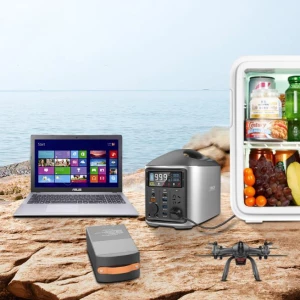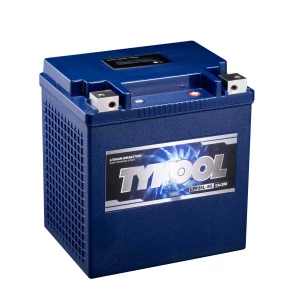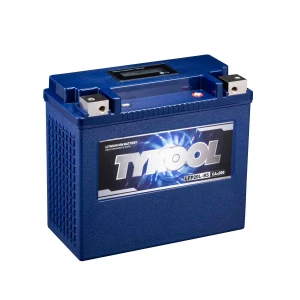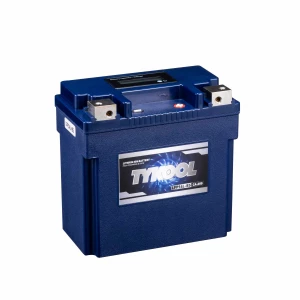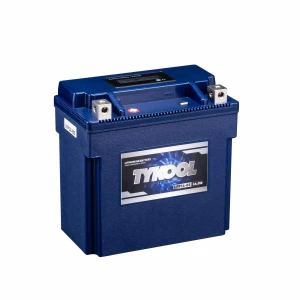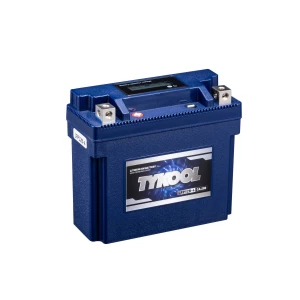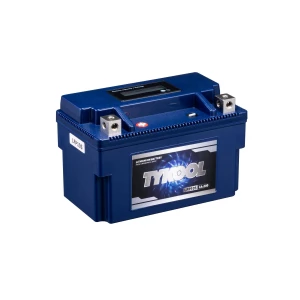In this article, we will explore why sodium-ion batteries represent the future of energy storage, how they compare to traditional options, and why now is the perfect time to consider bulk procurement for your energy needs.
What Are Sodium-Ion Batteries?
Sodium-ion batteries are a type of rechargeable battery that use sodium ions to store and release energy. Much like lithium-ion batteries, which have dominated the energy storage market for years, sodium-ion batteries work by moving ions between two electrodes to store and release electrical energy. However, instead of lithium, which is scarce and expensive, sodium-ion batteries use sodium—a more abundant, cost-effective, and environmentally friendly element.
The use of sodium as a base material makes these batteries a more sustainable option, especially as the world transitions toward cleaner energy solutions. With sodium-ion batteries, you can significantly reduce the reliance on limited resources while also ensuring a more stable supply chain for your energy storage needs.
Why Choose Sodium-Ion Batteries for Sustainable Energy Solutions?
1.Environmental Benefits
The primary advantage of sodium-ion batteries is their environmental impact. Sodium is widely abundant, unlike lithium, which is primarily sourced from a few regions of the world. Extracting lithium can be harmful to the environment, especially when it involves large-scale mining operations. On the other hand, sodium-ion batteries are made from more easily accessible and environmentally benign materials. This makes them a more sustainable choice, helping companies achieve their green energy goals.
2.Cost-Effectiveness
Due to the widespread availability of sodium, sodium-ion batteries are generally more cost-effective than their lithium-ion counterparts. Bulk procurement of sodium-ion batteries can lead to significant cost savings for businesses. The affordability of sodium-ion batteries also makes them an ideal choice for large-scale energy storage projects that require reliable, low-cost energy storage solutions.
3.Better Safety Profile
Safety is a key concern when it comes to energy storage. Sodium-ion batteries have a safer performance profile compared to lithium-ion batteries. They are less prone to overheating, combustion, or thermal runaway, making them a more reliable choice for long-term energy storage. The reduced risk of fire and explosions adds an extra layer of peace of mind for businesses and individuals who prioritize safety.
4.Improved Sustainability
Sustainability is the cornerstone of the modern energy landscape, and sodium-ion batteries align perfectly with this vision. These batteries not only reduce the environmental impact by using a more abundant and less toxic material but also offer higher recycling potential. As the demand for clean energy solutions grows, the role of sodium-ion batteries will only increase, making them an essential part of the global shift toward renewable energy.
5.Longer Life Cycle
The longevity of sodium-ion batteries is another factor that sets them apart from other battery technologies. These batteries have a longer life cycle, which means they can provide stable and reliable performance over extended periods. For businesses that need long-term energy storage solutions, the durability of sodium-ion batteries makes them an excellent investment.

How Do Sodium-Ion Batteries Compare to Lithium-Ion Batteries?
When it comes to energy storage, lithium-ion batteries have been the gold standard for many years. However, there are several key differences between sodium-ion batteries and lithium-ion batteries that make the former an attractive alternative.
1.Cost
One of the most significant advantages of sodium-ion batteries is their cost-effectiveness. Lithium, the key element in lithium-ion batteries, is expensive and harder to source. As a result, lithium-ion batteries tend to have a higher price point. In contrast, sodium is more abundant and affordable, which translates to lower production costs for sodium-ion batteries. This makes sodium-ion batteries an ideal choice for bulk procurement and large-scale energy storage.
2.Energy Density
While sodium-ion batteries are still catching up in terms of energy density (the amount of energy they can store relative to their size), research and development in this area are rapidly progressing. In the future, sodium-ion batteries are expected to offer energy densities that are comparable to or even surpass those of lithium-ion batteries. This makes them a promising option for various applications, from grid storage to electric vehicles.
3.Environmental Impact
As mentioned earlier, sodium-ion batteries have a much smaller environmental footprint than lithium-ion batteries. Sodium is more abundant and less harmful to extract compared to lithium, making sodium-ion batteries a more sustainable choice in the long run. Additionally, the recyclability of sodium-ion batteries further contributes to their environmentally friendly appeal.
4.Performance at Low Temperatures
One of the challenges with lithium-ion batteries is that their performance tends to degrade at low temperatures. Sodium-ion batteries are less sensitive to temperature fluctuations, making them a better option for regions with extreme weather conditions. This makes them an attractive choice for businesses in colder climates or for applications that require reliable performance regardless of temperature.
The Case for Sodium-Ion Battery Procurement
As businesses and organizations increasingly look for sustainable energy solutions, sodium-ion battery procurement is becoming a smart choice. By investing in sodium-ion batteries now, you can secure a steady supply of cost-effective, reliable, and eco-friendly energy storage solutions for years to come.
Whether you are looking to power a renewable energy project, improve the efficiency of your operations, or reduce your carbon footprint, sodium-ion batteries offer an effective and sustainable solution. Bulk procurement of these batteries ensures that your energy storage needs are met consistently and affordably, without compromising on performance or safety.
Conclusion: The Future of Energy Storage is Sodium-Ion
In conclusion, sodium-ion batteries are quickly becoming the preferred choice for sustainable energy storage. Their cost-effectiveness, environmental benefits, safety, and long life cycle make them a smart investment for businesses looking to secure their energy future. As demand for clean and efficient energy storage solutions continues to rise, sodium-ion battery procurement will play a crucial role in helping businesses meet their sustainability goals.
By embracing sodium-ion batteries, companies can ensure they are ahead of the curve in the evolving energy landscape. Whether you are purchasing sodium-ion batteries for a large-scale project or simply looking to make the smart switch to more sustainable energy storage, now is the time to act. The future of energy storage is here, and it’s powered by sodium-ion batteries.





